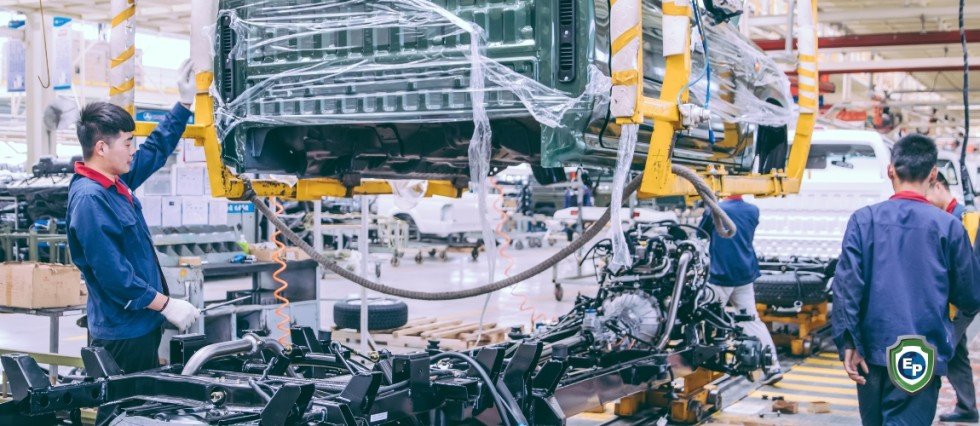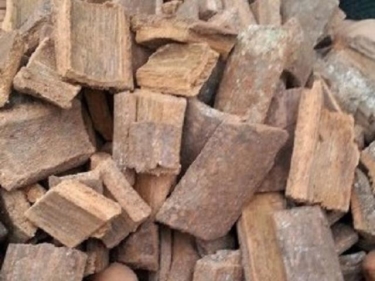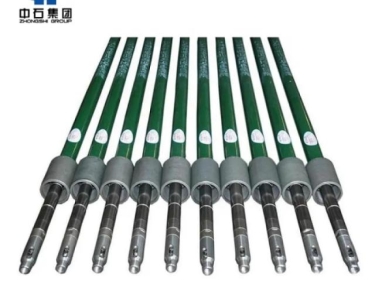China's Foreign Trade Situation Could Be Complicated Next Year
Come check out our article to find out more about how the Chinese government's choice to take a cross-cyclical strategy to economic growth could have long-term implications for the country's economy.

China's foreign trade has ranked among the top three globally; therefore, the news that it may face complications next year evokes mixed feelings. When the country's Minister of Commerce, Wang Wentao, announced this news, he blamed the complex situation on the base effects and receding positive factors of the COVID-19 pandemic.
COVID-19 and Foreign Trade Complications
According to Santander, the Asian country is the world's largest exporter and ranked second among the world's largest importers. For a long time, China's foreign trade contributed between 30-36% to the Asian country's GDP through importing or exporting, travel, computer and information services, construction, infrastructure, royalties and license fees, cultural and recreational, and financial resources.
However, the COVID-19 pandemic has an adverse effect on the world economy, as worldwide merchandise trade flows decreased by 7% in 2020. Though China's economy bounced back from those negative impacts before the end of 2020, its foreign trade earnings were still unstable.
China's foreign trade contributions to the GDP dropped by 3.6% in 2020. The government has said it may get more complicated for international traders as they work on stemming economic fluctuations using the cross-cyclical macroeconomic policy.

The “Cross-Cyclical” Strategy or Situation
Unlike before, the countercyclical policy is now a crucial part of the go-to strategy for the Chinese Communist Party (CCP), in which the central banks pump more stimulus into the economy, cut taxes and interest rates, and make more investment in infrastructure. When growth speeds up, the government will press ahead with those plans.
But, with the cross-cyclical approach, the government is implementing a new economic policy with consents for the central banks to cut the reserve requirement ratio (RRR). This policy will help banks boost liquidity and give directives that tighten restrictions in the real estate market, rein in developers' borrowing, and increase scrutiny on mortgages, all to rein in prices.
This strategy also involves clamping down on big tech companies to create a fair, level playing ground for startups within the tech industry. Also, the local governments have been put on fiscal probation with stern warnings to tackle their off-balance-sheet debt. Steadily, the cross-cyclical approach takes preemptive and moderate actions against sectors and government parastatals affecting real economic growth with a longer time frame in mind.
Economic Pains and Long-Term Goals
Natasha Che, an economist, stated, "it is the common prosperity season in China. Xi Jinping is in a pact to make Chinese society more equal and relatively fair in competition." To achieve this, several sectors need to pay the ultimate price.
Zhang Xiaojing, the deputy director of the National Institution for Finance & Development, was quoted saying, "policymakers will look past volatility at present, and aim to make sure the economy stays on track over the next two to three years." The foreign trade sector should brace for a long ride.
Stay Up-to-Date with Export Portal
For more information on international trade, check out Export Portal's site and enjoy all the benefits we offer today.


















Comments 2